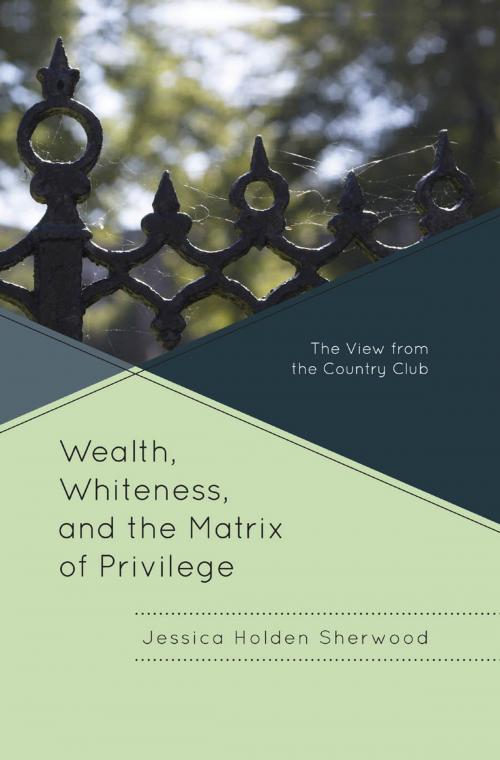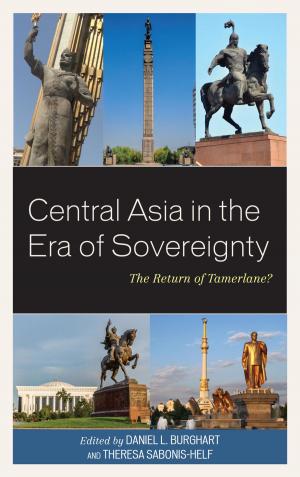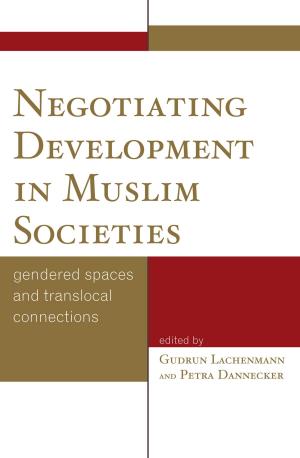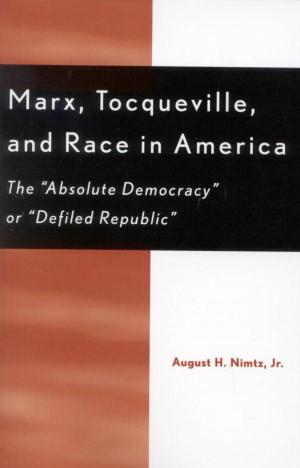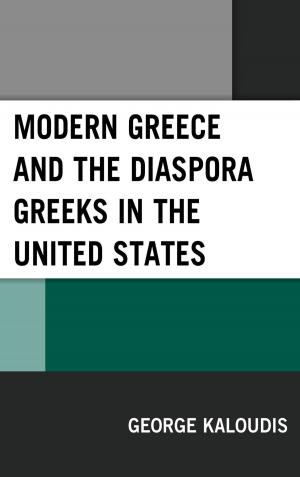Wealth, Whiteness, and the Matrix of Privilege
The View from the Country Club
Nonfiction, Social & Cultural Studies, Social Science, Discrimination & Race Relations, Sociology| Author: | Jessica Holden Sherwood | ISBN: | 9780739134146 |
| Publisher: | Lexington Books | Publication: | July 10, 2012 |
| Imprint: | Lexington Books | Language: | English |
| Author: | Jessica Holden Sherwood |
| ISBN: | 9780739134146 |
| Publisher: | Lexington Books |
| Publication: | July 10, 2012 |
| Imprint: | Lexington Books |
| Language: | English |
Exclusive social clubs are traditionally an important site for the consolidation of upper-class power. Wealth, Whiteness, and the Matrix of Privilege shows that while the particulars of admission have changed, these clubs remain socially significant incubators. Having interviewed typically inaccessible members of exclusive clubs in the Northeast, Jessica Holden Sherwood reports and analyzes what they have to say about who is in, who is out, and why. The members talk frankly about their exclusiveness based on money and style, but they are quick to point out that ethnically-based exclusion is a thing of the past. Club members also address the status of their women members, which is at times distinctly second-class. The talk of country club members is shown to draw on elements in popular discourse. And even if it's not their intention, as club members exclude and account for their exclusion, they contribute to reproducing class, race, and gender inequalities.
Exclusive social clubs are traditionally an important site for the consolidation of upper-class power. Wealth, Whiteness, and the Matrix of Privilege shows that while the particulars of admission have changed, these clubs remain socially significant incubators. Having interviewed typically inaccessible members of exclusive clubs in the Northeast, Jessica Holden Sherwood reports and analyzes what they have to say about who is in, who is out, and why. The members talk frankly about their exclusiveness based on money and style, but they are quick to point out that ethnically-based exclusion is a thing of the past. Club members also address the status of their women members, which is at times distinctly second-class. The talk of country club members is shown to draw on elements in popular discourse. And even if it's not their intention, as club members exclude and account for their exclusion, they contribute to reproducing class, race, and gender inequalities.
